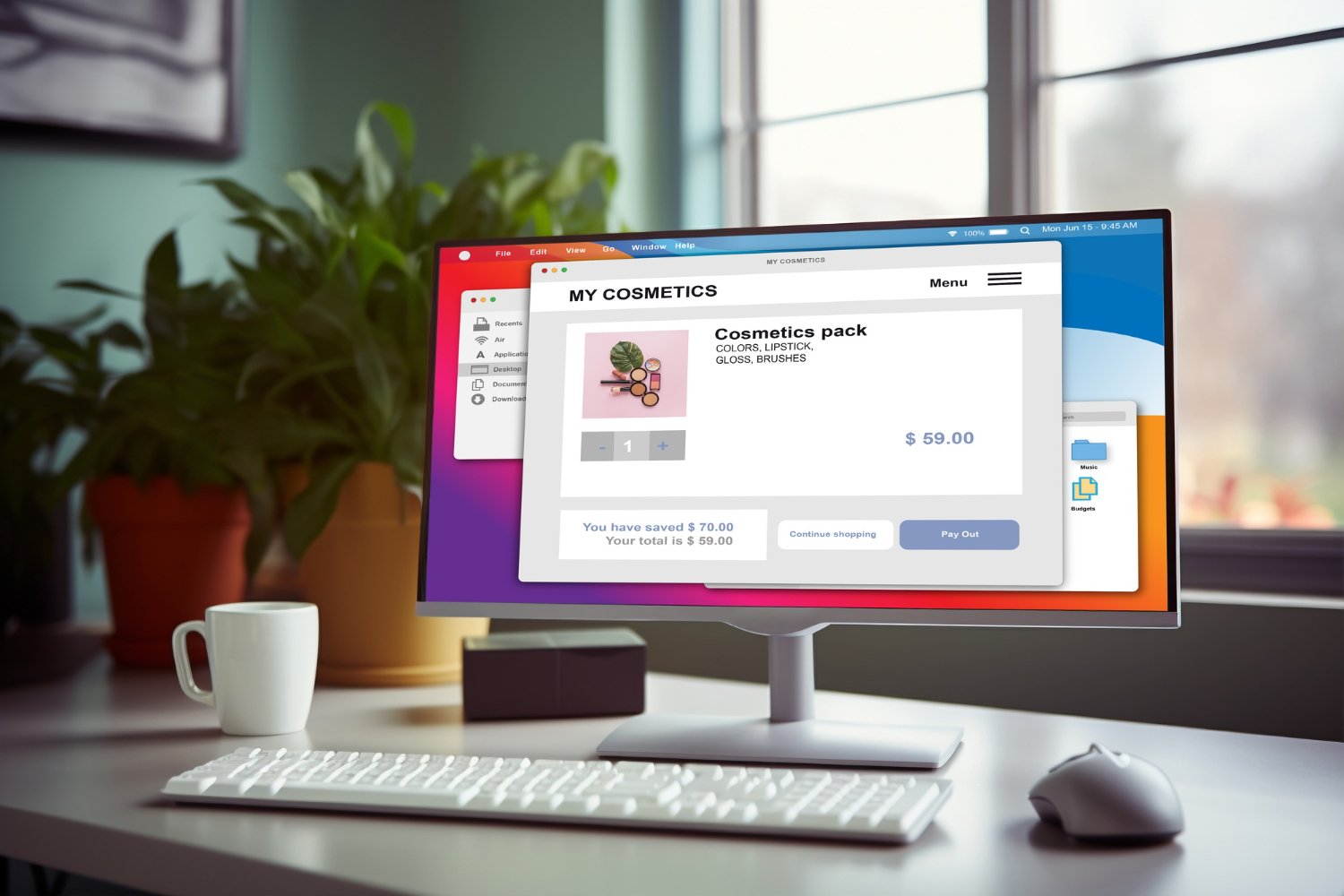In today’s digital age, small businesses have an incredible opportunity to compete with big brands. The internet levels the playing field, offering tools and platforms that make it easier to reach customers. With the right strategies, small businesses can carve out their space and thrive. Here’s how:
1. Focus on Your Unique Strengths
Big brands may have big budgets, but small businesses have unique advantages. Focus on what sets you apart—whether it’s personalized customer service, locally sourced products, or a niche market. Highlight these qualities in your digital campaigns to attract the right audience.
2. Build a Strong Online Presence
Having a website is essential, but don’t stop there. Create profiles on social media platforms where your target audience spends time. Regularly update your pages with engaging content, share customer reviews, and show behind-the-scenes glimpses of your business. A strong online presence builds trust and visibility.
3. Leverage Local SEO
Local search engine optimization (SEO) is a game-changer for small businesses. Optimize your website with location-based keywords and claim your Google My Business profile. This ensures that your business appears in local search results, making it easier for nearby customers to find you.
4. Engage Through Social Media
Social media is one of the most cost-effective ways to compete with big brands. Interact with your followers, respond to comments, and create shareable content. Platforms like Instagram, Facebook, and LinkedIn offer advertising options tailored to small budgets, allowing you to target specific audiences effectively.
5. Invest in Content Marketing
Content marketing helps you connect with your audience without relying solely on ads. Write blogs, create videos, or start a podcast to share valuable information related to your industry. When you provide helpful content, customers see you as an expert and are more likely to trust your brand.
6. Use Email Marketing
Email marketing remains one of the most effective digital strategies. Build a list of subscribers by offering discounts, free guides, or exclusive updates. Send regular emails to keep your audience engaged and informed about your products or services.
7. Collaborate with Influencers
Partnering with influencers—especially local ones—can boost your brand’s visibility. Influencers don’t have to be celebrities; even micro-influencers with smaller followings can make a big impact by promoting your business authentically.
8. Offer Exceptional Customer Service
Big brands often struggle with personalization, but small businesses can shine here. Respond quickly to customer queries, address complaints promptly, and go the extra mile to make your customers happy. Happy customers are more likely to leave positive reviews and recommend your business to others.
9. Run Targeted Ad Campaigns
Platforms like Google Ads and Facebook Ads let you run highly targeted campaigns, even on a small budget. Use these tools to reach specific demographics, locations, or interests. Track the performance of your ads and adjust them for better results.
10. Stay Adaptable
The digital world changes quickly, so it’s important to stay adaptable. Keep an eye on industry trends and new technologies. Experiment with new platforms or strategies and learn from your successes and failures.
Competing with big brands might seem challenging, but it’s entirely possible with the right approach. By leveraging digital tools and focusing on your unique strengths, small businesses can connect with their audience and build lasting relationships.
Start small, stay consistent, and watch your business grow in the digital space! For more tips and advertising solutions, reach out to us.




